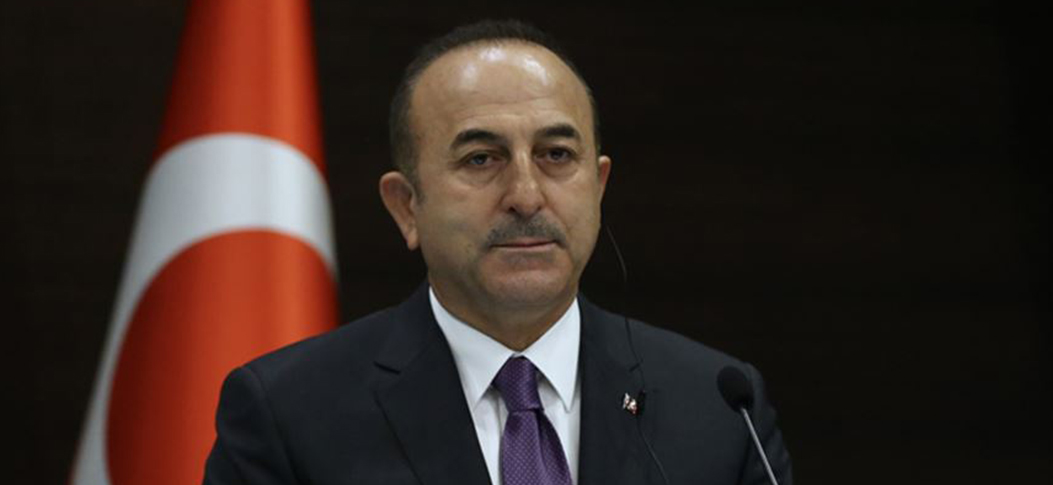“Refugee-hosting countries’ diplomats urge global unity”

Turkish Foreign Minister Mevlut Cavusoglu’s remarks came at an online panel titled "Situation of Refugees and Other Displaced Persons during the Pandemic: The Need for Cooperation, Antalya Diplomacy Forum” where top diplomats of Iraq, Jordan, Pakistan and Lebanon were present along with representatives from the EU, WHO and UN.
Turkish foreign minister said the pandemic process brought about further challenges for the displaced people due to difficulty of their integration into health systems, troubles in supply chain, border closures, and economic repercussions of the outbreak.
He argued that a stronger and more efficient international response to the grievances of displaced people was of utmost importance, and said short-term solutions such as cash-aid programs could be a nice start.
“As Lebanon, Jordan, Iraq, Pakistan as large refugee-hosting countries would agree with me, we [host countries] need solidarity,” said Cavusoglu, adding Turkish administration has backed global solidarity amid pandemic as it distributed medical aid to a total of 125 countries.
Turkish officials brought the refugee topic to the agenda of international organizations, such as G20, MIKTA, Organization of Islamic Cooperation (OIC) and Turkic Council, and sought to create awareness among the international community with regards to the case of vulnerable refugees amid pandemic, Cavusoglu noted.
“We have a common goal, protecting refugees and displaced persons and providing them with a decent life; for that, we need cooperation and action,” he said.
Jordanian Foreign Minister Ayman Safadi said his country would continue to do everything possible to provide refugees with essential items with the collaboration of its partners.
Safadi said global solidarity was essential to ease the effects of the virus on refugees and added that cooperation was a must to ensure “voluntary” and “safe” return of refugees in line with the international law.
Nassif Youssef Hitti, the Lebanese top diplomat, called on the international community to extend a helping hand with regards to burden-sharing of the refugee issues and said the host countries needed more support for the sake of refugees and internally displaced people.
Hitti added that a political settlement in Syria, where a civil war has ravaged the country since 2011, would help host-countries and the world overcome the refugee issue.
Pakistani Foreign Minister Makhdoom Shah Mahmood Qureshi, for his part, said millions of Afghan refugees moved towards his country due to the conflict-prone environment in the region.
Responsibility and burden sharing is essential at these difficult times of pandemic, he said, calling on the international community to have a constructive approach to assist needy refugees as the virus was spreading.
“Virus does not differentiate on the basis of race, religion, ethnicity or color,” he stressed, adding: “It is time to exhibit the true meaning of leaving no one behind.”
Filippo Grandi, the UN High Commissioner for Refugees, said the grievances of refugees and challenges host countries experiencing should not go unnoticed during the pandemic period.
With over 70 million refugees across the world, and some 90% of them residing in low or middle-income countries, the pandemic should not be allowed to have any catastrophic impacts on refugees, Grandi said.
He noted that the refugees, through phone calls, since the start of the pandemic mostly informed them of the financial difficulties they faced and their poverty-level was on the rise due to lockdown policies.
With a population of over 3.6 million displaced Syrians, who have status of "people under temporary protection", Turkey is the world’s top refugee-hosting country.
The civil war in Syria also had a significant impact on the number of refugees in regional states as millions were forcibly displaced due to the war-stricken environment of the country.

